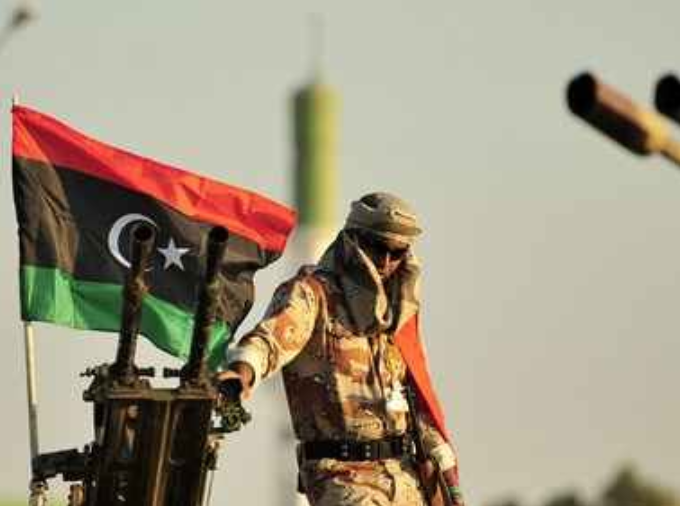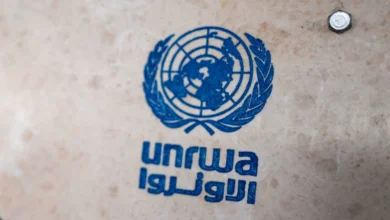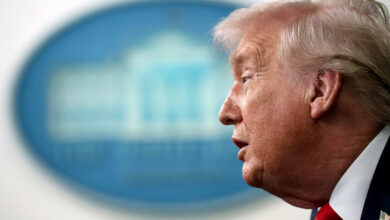
UNITED NATIONS (AP) — The U.N. envoy for Libya on Wednesday urged rival factions to seize the “crucial opportunity” of a National Conference next month to unite the country and chart a roadmap to peace after years of division and chaos.
If the opportunity isn’t seized, Ghassan Salame warned, “we will be faced with only two possible options: prolonged stalemate or conflict.”
“Stalemate may also ultimately lead to conflict. Or conflict may erupt much sooner,” he told the U.N. Security Council.
Libya was plunged into chaos after the 2011 uprising that ousted and killed longtime dictator Moammar Gadhafi and is now governed by rival administrations in the east and west. It has also become a haven for armed groups, including several from neighboring countries, which survive on looting and human trafficking.
Salame told a press conference Wednesday in Libya’s capital, Tripoli, that 120 to 150 Libyans will take part in the National Conference in the town of Ghadames, near the border with Algeria, on April 14-16.
The meeting will bring together representatives of rival authorities in the east and west, and will not include any foreign parties, he said.
Salame told the Security Council that the United Nations is working with many parties ahead of the National Conference “to ensure as broad a buy-in as possible to the political process.”
“What is clear is that the Libyan people fervently desire that their institutions be united as soon as possible,” he said in a video briefing from Tripoli. “Unfortunately, they are up against powerful forces, which have materially profited from the country’s chaos and division and are therefore loath to work towards a unification.”
Salame warned that failure to advance the political process would demonstrate “that the country is totally controlled by force of arms.”
But he said the National Conference offers a chance for all parties “to step back from the edge of this precipice” and “put aside their differences for the good of the country, to unite, to avoid war and to choose a path of peace and prosperity.”
Salame said the National Conference will chart a roadmap to conclude the country’s eight-year transitional period through parliamentary and presidential elections, held either simultaneously or separately.
It will also decide whether to endorse a National Charter drafted during consultations and recommend how to deal with a draft constitution produced by the Constitutional Drafting Assembly, he said.
Salame said the U.N. political mission in Libya hosted two rounds of preliminary talks between advisers to the head of the U.N.-recognized government in Tripoli, Fayez al-Sarraj, and Khalifa Hifter, the commander of forces based in the county’s east, before the two leaders met in late February in Abu Dhabi.
The two leaders agreed that “Libya shall be a civilian and democratically governed state that enjoys full civilian control of the military, and a peaceful transition of power,” he said. “The parties also agreed on the need to unify Libya’s long-divided institutions and for the scheduling of national elections before the end of the year.”
Salame said many principles aren’t new and the talks started in September 2017, but “what is new is the sincerity to turn these words into the end of the transitional period through elections.”
He called on Libyans in the coming days “to come together and to avoid acts of obstruction and incitement.”
Salame cited “a notable uptick in the weaponization of media platforms as tools of incitement,” warning that “this is tearing at Libya’s fragile but vital social fabric and could well be used to instigate violence.”
___
Associated Press writer Rami Musa in Benghazi, Libya contributed to this report.
By EDITH M. LEDERER




